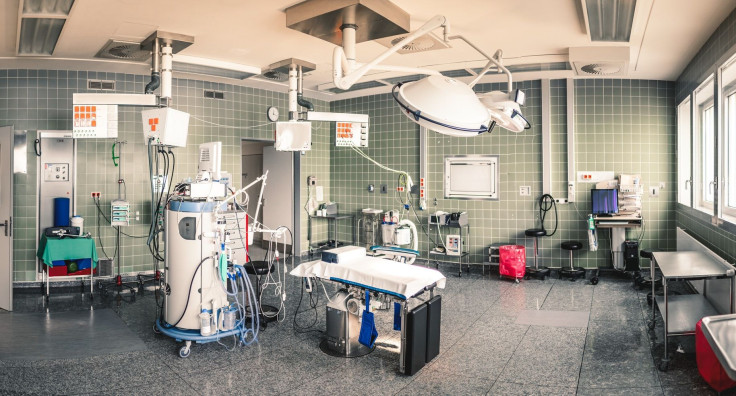COVID-19 Update: Lying In This Position Can Improve Breathing In Severe Coronavirus Patients
The impacts of the coronavirus can range from mild illness with no symptoms to severe illness with pneumonia and in critical cases, even respiratory failure. A new study conducted on patients with severe COVID-19 hospitalized on ventilators round that lying in this particular position did better for their lungs.
The report published in the American Thoracic Society’s American Journal of Respiratory and Critical Care Medicine was based on a retrospective study of patients in Wuhan Jinyintan Hospital, China, suffering from severe COVID-19 infected-related acute respiratory distress syndrome (ARDS), who were assisted by mechanical ventilation.
Dr. Haibo Qiu, MD, Chun Pan, MD, and the team were in charge of the treatment of the above-mentioned patients who were transferred from other treatment centers to their hospital. They noted that a majority of them admitted to the Intensive Care Unit with conformed COVID-19 had developed ARDS.
The study took place during a six-day period in February 2020. Their findings revealed that lying face down was better for the lungs of ICU patients who were assisted by mechanical ventilation.
"This study is the first description of the behavior of the lungs in patients with severe COVID-19 requiring mechanical ventilation and receiving positive pressure. It indicates that some patients do not respond well to high positive pressure and respond better to prone positioning in bed (facing downward)," MedicalXpress quoted Dr. Qiu, professor, Department of Critical Care Medicine, Zhangda Hospital, School of Medicine, Southeast University, Nanjing, China.
The team of researchers assessed the effect of body positioning. They performed prone positioning for 24-hour periods in which the patients persistently suffered from reduced levels of blood oxygenation. They used the devices on the patients’ ventilators to measure the oxygen flow, lung volume as well as airway pressure. They also measured lung recruitability, or the response of lungs to pressure, by taking several other measurements including the aeration of their airway passages.
Seven of them received at least one session of prone positioning. Three of them received both prone positioning as well as ECMO. Unfortunately, three patients died.
The findings suggested that patients who didn’t receive prone positioning had poor lung recruitability. Alternating supine and prone positioning were linked to increased lung recruitability.
"It is only a small number of patients, but our study shows that many patients did not re-open their lungs under high positive pressure and may be exposed to more harm than benefit in trying to increase the pressure. Considering this can be done, it is important for the management of patients with severe COVID-19 requiring mechanical ventilation," MedicalXpress quoted said Chun Pan, MD, a professor with Zhongda Hospital, School of Medicine, Southeast University.

© Copyright IBTimes 2024. All rights reserved.






















